 Scripture:
Scripture:
Reflection:
Have you ever seen those billboards that advertise, “No Fault Divorce: $139.00”? Or type the word “divorce” into your favorite search engine and notice the entries that begin with… “Complete paperwork in less than thirty minutes”! As I write this, the media offer us the joy and inspiration of the nuptials of Harry and Meghan — the Duke and Duchess of Sussex, and I am preparing a weekend retreat for Married Couples. We revel in marriage, honor it, celebrate it… even if fewer people are embracing the reality today. Today’s readings offer us helpful guidance through it all, and it behooves us to pay attention.
Initially, it seems there are two responses to our Gospel: First, the responsibility that each of us has to walk with those suffering through the painful experience of separation or the dissolution of their marriage. It is often long years in coming, and long years in the settlement and in the adjustment. The upheaval of life is immeasurable; the sense of failure and fear can torture our souls. Psalm 6 voices it so well: “…all night long I drench my bed with tears; I soak my couch with weeping. My eyes are dimmed with sorrow.” Our work performance is hindered, and friends and family don’t know how to relate to us, so they begin to withdraw. As the Baptist pastor/author, John Piper, says… the death of a spouse is clean grief, but divorce is dirty grief, because it is compounded by courtroom controversies, the awkwardness of visitation rights, and countless other raw, emotionally festering wounds.
Secondly, the Gospel offers little wiggle room, much like the admonition of James in today’s first reading: “Let your “Yes” mean “Yes” and your “No” mean “No.” When Jesus replies to the Pharisees, he is alluding to Deuteronomy 24:1-4. Today we might better appreciate the straightforward rhetoric and clear stand, perhaps, because we are so used to slippery language from public figures. But Mosaic culture was male dominant, obviously, so Jesus’ words are not only a reflection of God’s ideal for God’s people, but also the reflection of the hardness of the human heart in a patriarchal culture, and how to manage woundedness and sin in a particular people at a particular time.
Once again we are called to hold the paradox in a dynamic tension, offering what Pope Francis calls the “revolution of tenderness” as we listen, console, and comfort our loved ones.
Fr. Jack Conley, C.P., is a member of the Passionist formation community at Catholic Theological Union in Chicago.

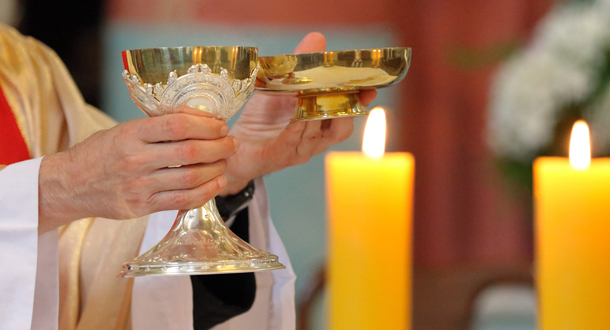 Scripture:
Scripture: Scripture:
Scripture: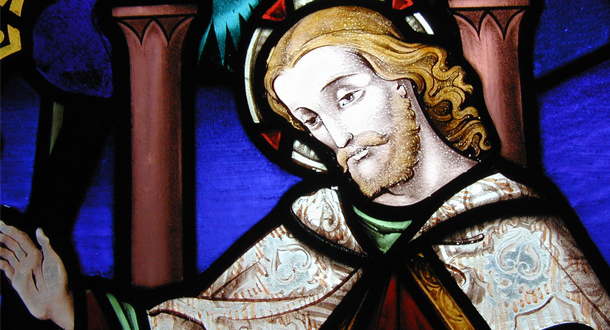 Scripture:
Scripture: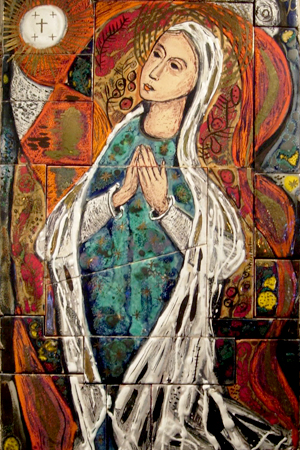
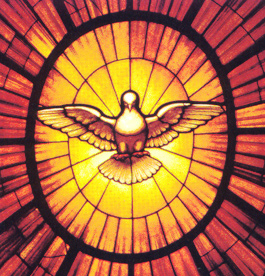
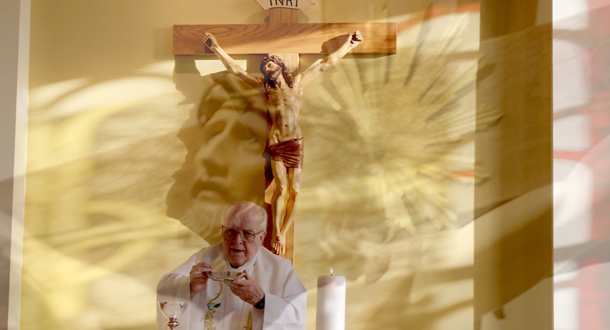 Scripture:
Scripture: Scripture:
Scripture: